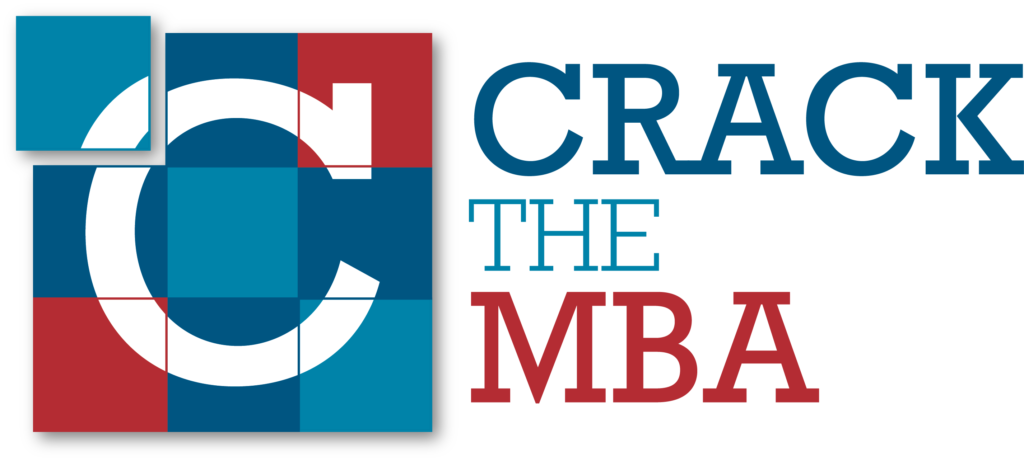MBA & #MeToo: Changing The Toxic Culture At Work Places

“Me Too” originated from the use of the phrase by Tarana Burke in 2006. In October 2017, #MeToo became a movement that took the world by storm when Alyssa Milano – an American actress, activist, singer and producer – encouraged women to use this phrase to expose the extent of sexual harassment that was prevalent in workplaces and organizations. What started off as an exposure of the allegations of sexual abuse and assault against Hollywood producer Harvey Weinstein, quickly picked up pace and spread globally as it moved beyond the film industry to other industries such as sports, medicine, military, and more.
As the world has been coming to terms with the inappropriate misconduct women have had to face at their workplaces, business schools and MBA graduates are also involved in the dialog and fight to change this kind of work culture by bringing more awareness on the subject. With the aim of making workplaces more inclusive, especially for women, some of the leading business schools are leading the way in initiating conversations and discussions surrounding the issue.
Toxic culture at work places
In recent times, one name that has done the rounds when one talks of toxic work culture is Uber, with various reports of sexual misconduct against female employees having often come up. Susan Fowler, a former engineer at Uber also wrote a blog post detailing the history of sexual harassment and discrimination she’s faced at the company. A number of other female employees at Uber had their breasts groped by an Uber manager during a retreat in Las Vegas. However, they asked to remain anonymous due to confidentiality agreements and fear of retaliation. Another example of a toxic work culture comes from TV network NBC, who fired longtime anchor Matt Lauer over the sexual harassment of a female colleague.
With a number of Harvard Business School, Stanford, Wharton and other schools’ graduates as employees, one can see the role that MBA programs can directly play in the work culture prevalent at companies that are shaping the world.
MBA & #MeToo
Business schools have been no strangers to controversies, as reported by Poets & Quants in an article published in July 2018. In 2018, Columbia Business School professor, Geert Bekaert, was found guilty of retaliation during a trial where he was accused of sexually harassing his untenured female assistant professor, Enrichetta Ravina. While the federal jury did not find him guilty of sexual harassment, they did agree that Bekaert indulged in retaliatory actions that damaged Ravina’s academic career. This was followed by another incident, also reported in Poets & Quants, where Katie Brehm, a first-year MBA student at Columbia Business School, realised that she was drugged and raped by a classmate during her time at the business school.
Beyond Columbia Business School, the MBA program at Harvard Business School came in the eye of the storm post an article in the Harbus article that described the MBA experience as a “two-year-vacation” and discussed “Section X” and this tendency for a certain section of students, who are financially well-off and have missed out on the quintessential “college experience” to mirror the frat culture. Their social interactions revolve around “expensive dinners and outrageous drinks where people chit-chat about their section mates, hook-ups and drunken shenanigans”.
MBA Graduates and Business Schools are raising more awareness about these issues

As unfortunate these incidents have been, MBA graduates and business schools are taking responsibility to create dialogue about better work culture and gender equality. Wharton alumna Kellee Kim (WG’19) took her experience from the show ‘Survivor’, where she was touched inappropriately by a fellow contestant, and used it to raise her voice against sexual harassment in the entertainment industry. This resulted in CBS, the TV network that airs ‘Survivor’, to announce extensive changes to the show following the issues raised by Kim and other people related to the show.

Drew Dixon, an MBA graduate from Harvard Business School (MBA 2004), spoke up during the rise of the #MeToo movement in 2017 about the sexual harassment she faced while working at the record label Def Jam. Dixon recalls HBS as a refuge from the toxic environment she’d been a part of and about using that opportunity to build herself up. “Everything I learned there is baked into who I am. I will be tapping into all of that knowledge and experience and that part of my identity as I now emerge.” she says. Dixon is now launching her own record label, 9th Floor, where she will be launching a young singer-songwriter.
Initiatives at Business Schools
As the awareness regarding such issues continues to rise, a number of business schools are playing their part in educating and sensitizing students on such topics. Wharton’s student-run Return on Equality Club has hosted a number of debates with its MBA students on ‘Mentorship in the World of #MeToo’. The intent is to open up a dialogue related to a number of issues, such as “intent and subconscious bias, whether female mentees should be expected to confront their mentors, and building safer conversation spaces.”
MBA students at Stanford are studying about sexual harassment in the workplace, while Harvard students are debating sexism and free speech. A number of other business schools, including Dartmouth, Columbia and Harvard, have also started groups called Manbassadors, that are dedicated to gender equality at workplaces. Alen Amini, the founder of Manbassadors Group at the Tuck School of Business says, “The goal is making sure that as men we’re very aware of some of the privileges we’re afforded simply because of gender.”
Harvard Business School has also established the HBS Gender Initiative, which supports “research, education, and knowledge dissemination to accelerate the advancement of women leaders and promote gender equity in business and society“, in May 2015. The Gender Initiative has hosted the Gender & Work Symposium every year where academics and practitioners share their research and ideas.
Great flash talk by @VBrescoll who had empirical evidence that managers who are men are less likely to mentor women post #MeToo. It’s the first pre-post study I’ve heard of. Other studies have been anecdotal or solely after the fact. #HBSGW2019 pic.twitter.com/VuqntzmtMQ
— Kira Banks (@kirabanks) April 4, 2019
The race for gender equality and inclusion at workplaces is a slow one, and while it’s taken some time coming to the fore, it’s a refreshing change to see both MBA graduates and business schools trying to change the mentality of a toxic work culture through open debates and conversations.






